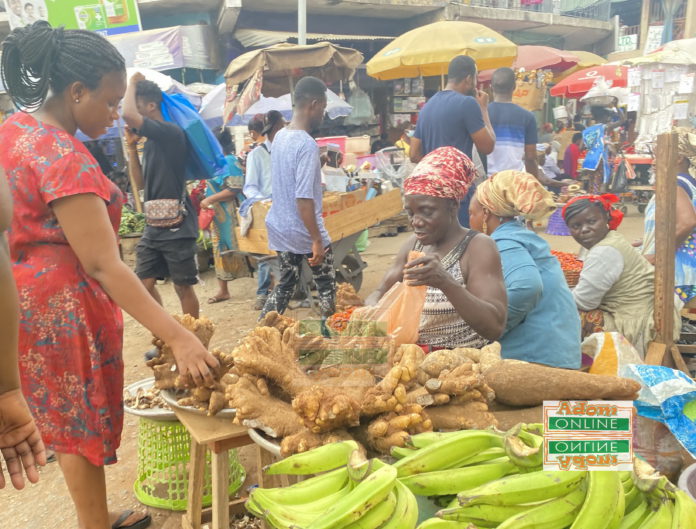Over 1 million Ghanaians expected to face food insecurity

A report from the World Food Program (WFP) has highlighted that an estimated 1.05 million people in Ghana could face food insecurity between June and August 2024.
While this figure represents a decrease from the 2.2 million projected in November 2023, it remains concerning, especially when compared to the 1.37 million estimated in March 2023.
The report identifies several factors contributing to food insecurity in Ghana, with high food prices exacerbated by natural hazards like flooding being significant drivers.
Despite some relief in inflation, the issue persists, particularly in northern Ghana and rural communities.
In these areas, where agriculture is the primary livelihood for 90 percent of families, challenges such as climate change, low prices, poor infrastructure, and inadequate education compound the problem.
Ghana’s vulnerability to global price spikes, particularly for imported rice, adds to the challenge, impacting the affordability of food across the country.
Additionally, the report highlights the triple burden of malnutrition faced by Ghana, with stunting among children under 5 remaining high, especially in the Northern Region.
Vitamin and mineral deficiencies, particularly anaemia, disproportionately affect women and children, with higher rates in the north.
The WFP has been collaborating with the Ghanaian government since 1963 to address food security and nutrition challenges.
Over the past five years, efforts have included advocating food fortification standards, promoting the consumption of fortified foods nationwide, and supporting initiatives such as Ghana’s School Feeding Programme.
This program provides food vouchers as part of livelihood support and social behavioral change solutions, benefiting 5,000 vulnerable pregnant and breastfeeding women and girls.
In 2023, the WFP provided direct cash assistance to thousands in need and supported institutional capacity amid challenges such as climate change and food price hikes.
Moving forward, the WFP aims to involve the private sector to enhance food systems, alleviate malnutrition, and strengthen social protection programs in Ghana.
Source: classfmonline.com





